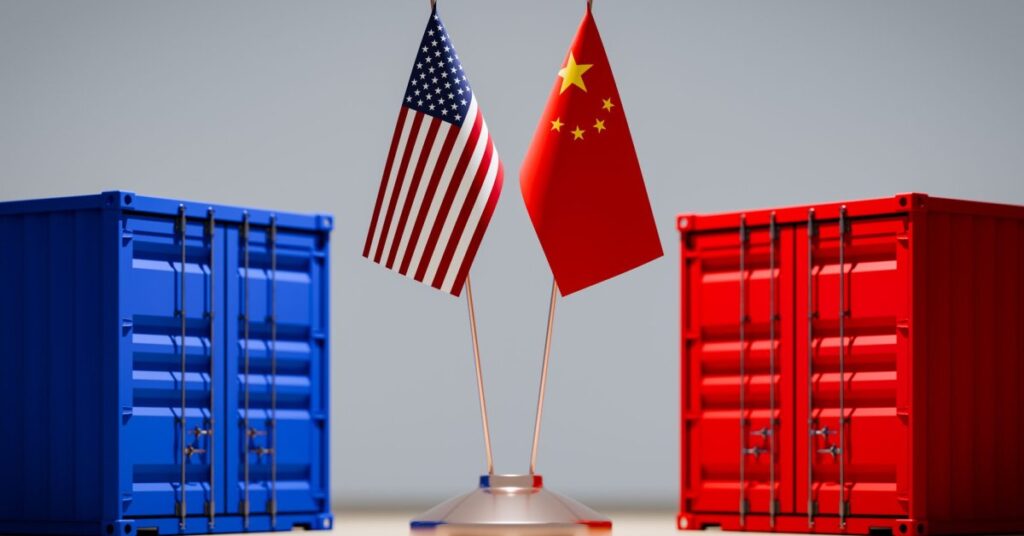President Donald Trump’s escalating trade war with Canada, Mexico, and China is driven by concerns over the production and importation of the opiate fentanyl, trade surpluses, and illegal border crossings. China has responded by threatening to take countermeasures to defend its interests, citing violations of World Trade Organization rules by the U.S. The U.S. accuses China of enabling fentanyl production, leading to overdose deaths, while China insists on its tough stance against narcotics and calls for a rational approach to the issue.
The dispute is further complicated by China’s significant trade deficit with the U.S., prompting fears of higher costs for American consumers and potential impacts on China’s export market. Economic challenges within China, including a lackluster domestic economy and high public debt, add to the complexity. Additionally, Trump’s focus on curbing illegal immigration plays a role, with implications for various countries’ accountability for undocumented migrants entering the U.S.
Overall, the trade tensions between the U.S. and China reflect broader geopolitical and economic concerns, with both sides emphasizing their positions on trade, drug control, and immigration. The outcome of this dispute could have far-reaching implications for global commerce and political relations between the two economic powerhouses.

